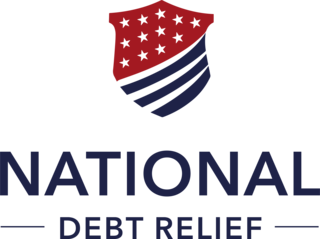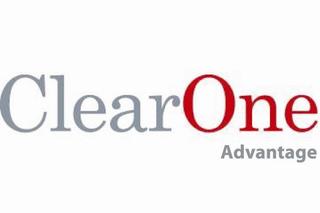Over Half of Americans Think the U.S. Is in a Recession (It's Not)

Good news! It appears our famously divided nation may be finally agreeing on something: In a new poll, a majority of Americans say they think the United States is currently in a recession.
The only problem? It's, um, not.
The survey results, published Wednesday by The Guardian, indicate that folks believe the U.S. economy is doing worse than it is. Not only do 56% of respondents say the country is experiencing a recession, but also 55% say the economy is shrinking. All of these beliefs are factually incorrect.
Are we in a recession?
Many experts broadly define a recession as two consecutive quarters of real gross domestic product, or GDP, decline. In the fourth quarter of 2023, GDP increased 3.4%. In the first quarter of 2024, it rose 1.6%. (The latter is an advance estimate but still reflects growth, not contraction.)
But there's actually a specific committee at the National Bureau of Economic Research, or NBER, that's tasked with formally declaring when there is — and isn't — a recession. The NBER subscribes to the idea that "a recession involves a significant decline in economic activity that is spread across the economy and lasts more than a few months," according to its website, meaning it's not beholden to the two-quarters restriction.
Regardless of which recession definition you prefer, the current state of the economy doesn't qualify. GDP has not fallen for two consecutive quarters, and the NBER has not declared a recession.
In fact, the U.S. hasn't technically had a recession in years. The last recession took place from February 2020 to April 2020, right as the pandemic was getting underway.
Inflation, unemployment and stock market misconceptions
It's not uncommon for there to be a major difference between how analysts think the economy is performing and how everyday Americans feel about their money.
But the Guardian poll surfaces several beliefs that run contrary to the facts. For instance, it found that 72% of people say they think inflation is increasing, when in reality it's been decreasing for months. About half say unemployment is at a five-decade high — in truth, it's near a five-decade low. Another 49% of those polled say the S&P 500 — an index that serves as a benchmark for stock market performance overall — is down so far in 2024, when it's actually up 12%.
What's behind the disconnect?
It could be politics. With the 2024 presidential election coming up, voters are scrutinizing how the economy performed under candidates Joe Biden and Donald Trump. In the survey, Republicans were more likely than Democrats to say both the U.S. is in a recession and inflation is surging.
It could also simply be lived experience.
The vibes are not great, especially depending on what economic indicators matter to you: A 2023 survey from The Atlantic, for instance, found that people were deeply upset about the cost of groceries, which isn't something that's necessarily captured in high-level analysis. Housing continues to feel unaffordable for vast swaths of Americans, as well, given sky-high mortgage rates and rents that are rising, in some places, faster than wages.
Whatever the reason, the Guardian survey data indicates that we're likely to hear a lot more about the state of the economy before November. Remember to check the facts before believing anything that comes your way.
More from Money:
Recession vs. Depression: What's the Difference?
When Will the Fed Cut Rates? Cooling Inflation Builds Hope for September






